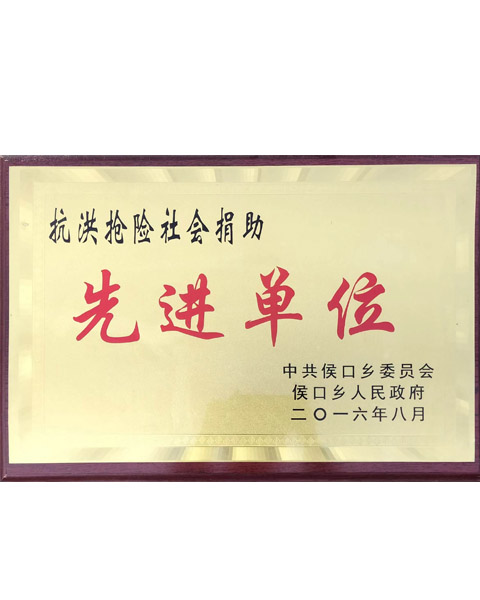ss pipe coupling
Understanding SS Pipe Couplings A Comprehensive Guide
Stainless steel (SS) pipe couplings are essential components in pipe systems, widely utilized in various industries due to their durability, strength, and resistance to corrosion. These fittings play a crucial role in connecting different sections of piping, ensuring a seamless flow of liquids or gases while maintaining system integrity. In this article, we will explore the types, applications, benefits, and installation techniques related to SS pipe couplings, providing a comprehensive understanding of this vital element in modern piping systems.
Types of SS Pipe Couplings
There are several types of stainless steel pipe couplings available, each designed to suit specific applications and requirements. The most common types include
1. Slip Couplings These couplings are designed to fit over two pipe ends, providing a simple solution for joining segments without requiring threading or welding. They allow for slight adjustments in alignment due to their design.
2. Threaded Couplings Featuring internal threads, threaded couplings ensure a tight seal when connecting pipes with external threads. They are ideal for applications where disassembly may be necessary for maintenance or repair.
3. Welded Couplings These couplings are permanently welded to the pipes, providing a strong and durable connection. They are typically used in applications where high pressure or extreme conditions are present.
4. Reducing Couplings These couplings are used to connect pipes of different diameters, allowing for a smooth transition from a larger pipe to a smaller one, which is particularly useful in systems with varying flow rates.
Applications of SS Pipe Couplings
Stainless steel pipe couplings are versatile and can be found in a wide range of applications, including
- Water and Wastewater Treatment Due to their resistance to corrosion and ability to handle high pressure, SS pipe couplings are commonly used in water treatment plants and wastewater management systems.
- Oil and Gas Industry The durability and strength of stainless steel make these couplings suitable for connecting pipes in oil and gas pipelines, where they must withstand harsh environmental conditions.
- Food and Beverage Industry SS pipe couplings are also prevalent in the food processing industry, where strict hygiene standards are critical. Their non-reactive properties ensure that there is no contamination during the transfer of food products.
- Pharmaceuticals and Biotechnology Stainless steel couplings play a vital role in pharmaceutical manufacturing processes, where sterility and cleanliness are paramount.
ss pipe coupling

Benefits of Using SS Pipe Couplings
Utilizing stainless steel pipe couplings offers several advantages
1. Corrosion Resistance One of the primary benefits of stainless steel is its exceptional resistance to rust and corrosion, which prolongs the lifespan of piping systems.
2. Strength and Durability SS pipe couplings can withstand high pressures and extreme temperatures, making them ideal for demanding applications.
3. Low Maintenance The durability of stainless steel results in lower maintenance costs, as these couplings require less frequent replacements compared to those made from other materials.
4. Versatility With various sizes and types available, SS pipe couplings can be used in an extensive range of applications, allowing for customization based on specific system requirements.
Installation Techniques
Proper installation of SS pipe couplings is crucial to ensure the integrity of the piping system. Here are some essential tips
- Clean Pipe Ends Before installation, it is essential to clean the ends of the pipes thoroughly to remove any dirt, debris, or corrosion.
- Check Alignment Ensure that the pipes are properly aligned before securing the coupling to prevent stress and potential failure.
- Use Proper Tools Utilize appropriate tools for tightening threaded couplings and for welding when applicable to achieve a secure fit.
- Test the Connection After installation, test the connection for leaks by running the appropriate fluids through the system and checking for any signs of leakage.
In conclusion, stainless steel pipe couplings are indispensable components in various industries due to their strength, corrosion resistance, and versatility. Understanding the types, applications, benefits, and installation techniques can help individuals and organizations make informed decisions regarding their piping systems. By investing in high-quality SS pipe couplings, businesses can ensure the reliability and longevity of their fluid and gas transportation systems.
-
Ultimate Spiral Protection for Hoses & CablesNewsJun.26,2025
-
The Ultimate Quick-Connect Solutions for Every NeedNewsJun.26,2025
-
SAE J1401 Brake Hose: Reliable Choice for Safe BrakingNewsJun.26,2025
-
Reliable J2064 A/C Hoses for Real-World Cooling NeedsNewsJun.26,2025
-
Heavy-Duty Sewer Jetting Hoses Built to LastNewsJun.26,2025
-
Fix Power Steering Tube Leaks Fast – Durable & Affordable SolutionNewsJun.26,2025

